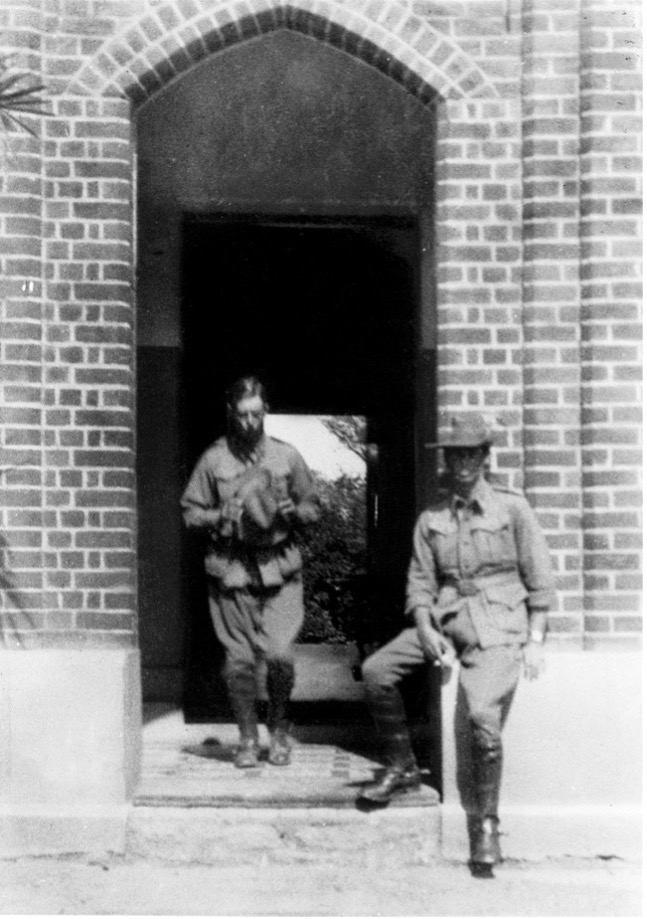For children commencing high school, their number one concern is usually homework. Students worry about the volume of homework, that it might be too difficult and that it may impact on their free time. Parents, too, often have concerns and seek homework tips, worried about the impact of increased homework on their children. The fact remains, homework is an important tool that promotes independent learning.
Liaising with teachers about their children’s academic progress and concerns around homework can help ease the burden on parents. Fortunately, at Guildford Grammar School, we have many strategies and homework tips in place to help our junior students make the most of learning opportunities available outside the classroom.
How much homework is enough, and why is it important?
There are various schools of thought regarding homework. Some suggest that no work should be completed outside the classroom and that children should be allowed to be children. Others suggest that a strict schedule should be implemented from a very early age and that children should focus solely on work and learning when they are not at school.
At Guildford Grammar, we take a more moderate approach. Homework should not negatively impact family life and cause division between parents and their children. Students should still have plenty of time for hobbies, sports and reading as well as some time to simply do nothing. However, if students want to achieve their best in school and in real life afterwards, the skills associated with organisation and study are vital both in terms of academic results and a successful life, long after school is a distant memory.
Senior School homework should be relevant, should involve learning and should teach students how to manage their time, breaking up large tasks into manageable sections to meet deadlines. These skills are not innate and need teaching, which is why it is helpful for mentors, teachers and parents to regularly talk about organisation and time management.
To help parents understand what is considered a reasonable amount of homework, the student diary lists approximate lengths of homework and study that we’d expect for students in each year group. These estimates may vary, there will be quiet times as well as busy times when multiple assessments are due, often at the middle and end of terms or semesters. The aim of the diary is to help students learn how to organise themselves. Mentors regularly check student diaries and parents are also asked to sign them each week to reinforce the importance of what is recorded in the diary.
How long is too long and where can I communicate this?
Maintaining communication between home and school is vital to monitoring student progress and managing academic load. If you find your son or daughter is spending excessive lengths of time on their homework, then please advise their teacher. Teachers will be able to provide feedback on how long certain tasks should take. If you see that your child has spent significant time on a particular task, was organised and has done their best, yet it is becoming clear that they are not going to complete the task in a reasonable timeframe, then talk to the teacher involved so they can help work out what needs to happen. Communicating with the School will support the students’ efforts at home and help identify what they need to enable them to succeed.
Homework vs study – what is the difference?
It’s also really important that the difference between homework and study is understood. Generally, homework is a task set by a teacher to be done by a specific deadline, whereas study is a set of skills and strategies you use to learn more about a subject and reinforce the learning you have done in school. Of the two activities, study tends to be neglected as the deadlines are more extended and the outcomes less visible. There is no instant feedback; the more likely outcome is a disappointing test or exam result some time in the future, at which point the student may regret not doing the necessary study.
So, if your son or daughter gets home at the end of the day and says, “I have no homework”, one useful response can be to encourage some study. If, for example, an hour and a half has been allocated for work that evening and no homework is evident, spending half an hour studying each of three subjects is recommended. Frequent and active revision of what has been learnt in class will make a real difference to long term academic outcomes and equips students for future success.
Study strategies and advice
Useful strategies for studying are any which involve active processing of what students are learning in the classroom. For example, drawing up mind maps, making keyword and definition lists (glossaries) or constructing study cards and practising learning the facts on them can all prove useful.
For students in Years 7 to 9 in particular, conducting homework early in the evening seems to work better than leaving it until late. Study and homework will be less effective and take longer when children are tired. Taking a disciplined approach to a dedicated set time for homework and study will also prove more productive. Displaying a study schedule in a visible location in the home will help encourage students to take responsibility for this commitment.
The Homework Help Initiative
Homework Help is another helpful Guildford Grammar School initiative – university students who have achieved good Year 12 results and are suitably skilled to teach others help out in the library after school. From 3:30pm to 5:00pm on Monday to Thursday, these homework tutors are available to help students with their homework. For older (Year 11 and 12) students, choosing a helper who specialises in a particular subject may be helpful, but our tutors are generally able to assist with all subjects from Years 7-10. There is no need to book – students just turn up when they need some help.
The library tutors can help with study strategies, diary organisation and revision – they can suggest ways in which particular study strategies suit specific subjects and they can quiz students to find out which areas of a particular topic they need to focus their study. In short, they are a fabulous resource and we strongly encourage students to make use of them.
In conclusion, for Senior School students, homework and study are extremely useful for learning and practising the skills of time management, organisation, academic discipline and ‘how to learn’, that will last a lifetime. Homework should not negatively impact home life, nor should it be so onerous that it causes stress and anxiety. It is our job to support students to take responsibility for their work and to encourage them to do their best.
For 125 years, Guildford Grammar School has provided extraordinary opportunities for students. Today, girls and boys are empowered to find their own individual strengths and passions on their journey of discovery. To keep up-to-date with the latest Guildford Grammar news and learn more helpful information, please sign up to our newsletter.
Dr Julie Harris, Director of Teaching and Learning






